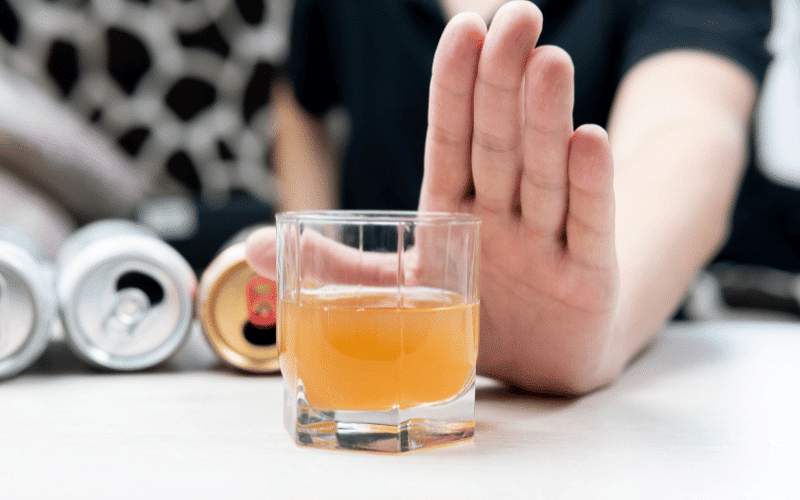Way 6: Limit Alcohol and Drug Use

Excessive alcohol consumption and drug use can negatively impact hormone production, including testosterone. Alcohol can disrupt hormone balance by interfering with the liver’s ability to metabolize hormones properly. Studies have shown that even moderate alcohol consumption can lead to a decrease in testosterone levels, while heavy drinking can have more severe effects on hormone production.
Limiting alcohol intake to a moderate level can help support healthy testosterone levels. According to the Centers for Disease Control and Prevention (CDC), moderate drinking is defined as up to one drink per day for women and up to two drinks per day for men. By adhering to these guidelines, you can minimize alcohol’s impact on your testosterone levels and overall health.
Illicit drug use, particularly anabolic steroids, can also suppress testosterone production and lead to long-term health issues. Anabolic steroids are synthetic substances that mimic the effects of testosterone in the body. While they may provide short-term benefits for muscle growth and athletic performance, their long-term use can cause hormonal imbalances, fertility issues, and other health problems.
To support healthy testosterone levels, it’s essential to avoid illicit drug use and be cautious with prescription medications that may impact hormone production. If you’re struggling with substance abuse or addiction, seeking professional help from a therapist or support group can be an important step in achieving recovery and restoring hormone balance. (6)